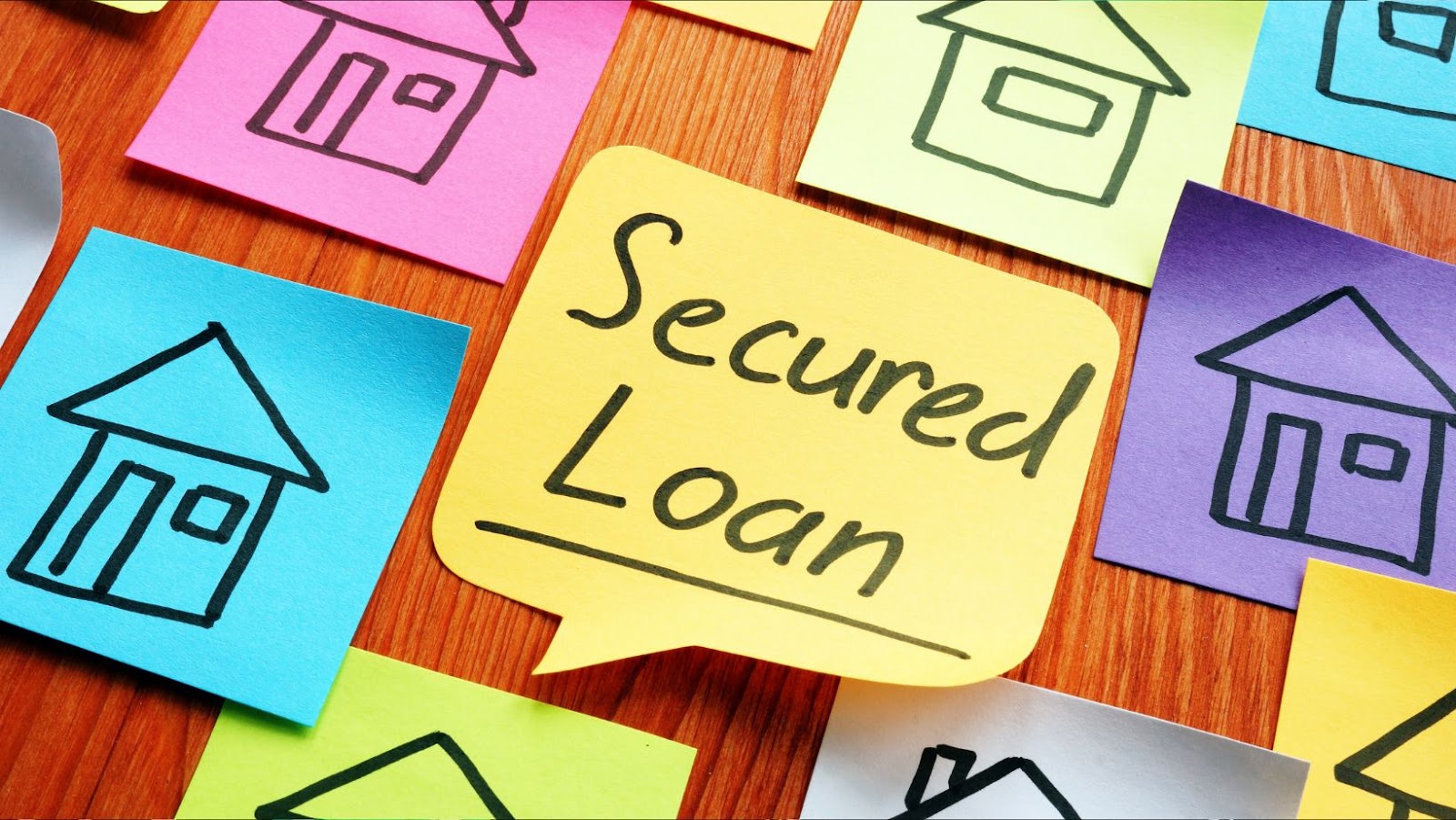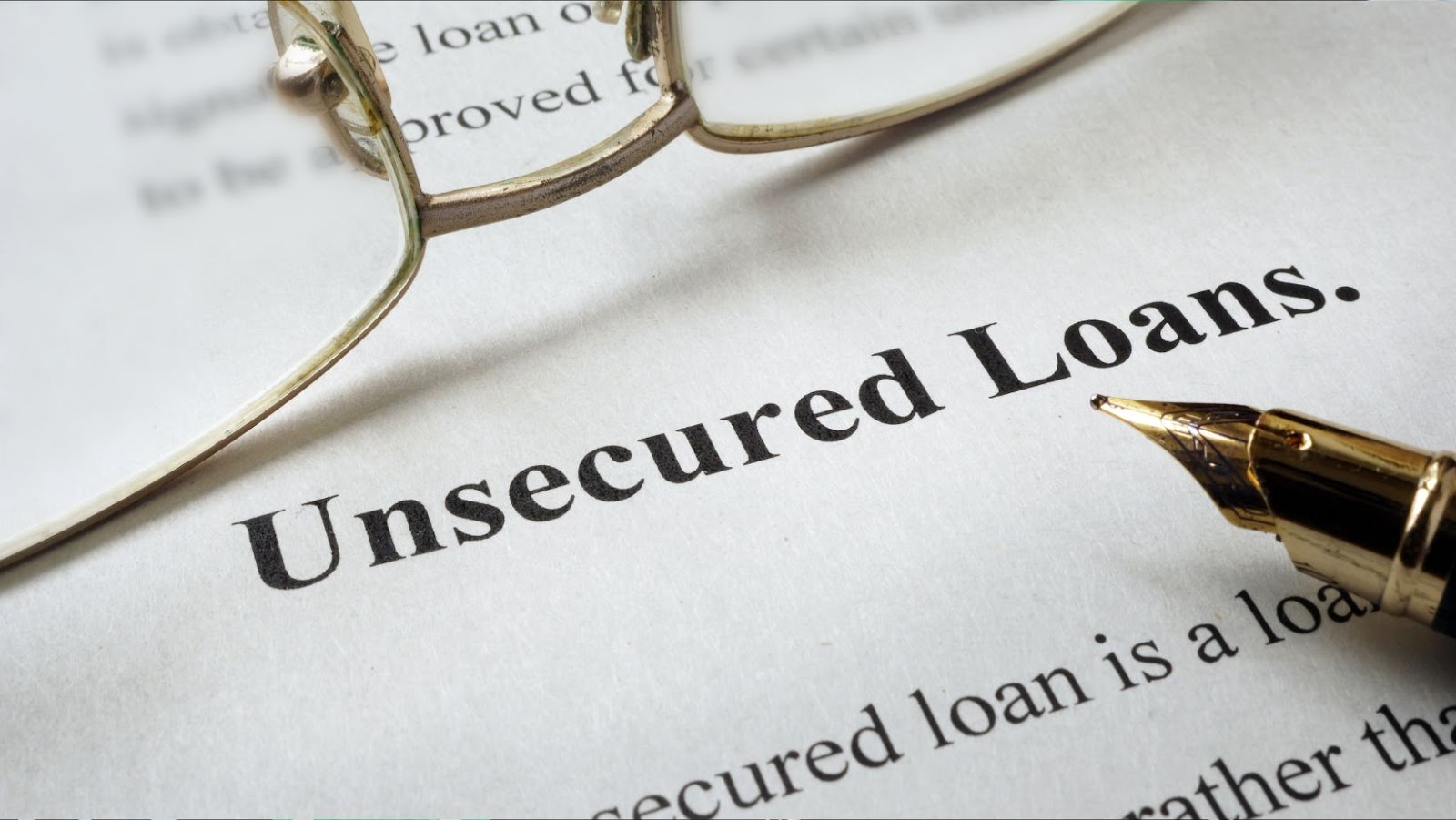 Secured vs. Unsecured Small Business Loans: Choosing the Best Option
Secured vs. Unsecured Small Business Loans: Choosing the Best Option
Small Business Loan Secured or Unsecured
When it comes to small business financing, entrepreneurs have the option to choose between secured and unsecured loans. Understanding the differences between these loan types is crucial in making informed financial decisions for their businesses.
Secured business loans require collateral as a form of security for the lender. This collateral could be business assets like equipment, inventory, or even personal assets of the business owner. In the event of default, the lender has the right to seize the collateral to recover the loan amount, making it less risky for the lender. Secured loans typically offer lower interest rates compared to unsecured loans due to the reduced risk for the lender.
On the other hand, unsecured business loans do not require any collateral backing. These loans are approved based on the creditworthiness of the borrower and the financial health of the business. Since there is no collateral involved, unsecured loans pose a higher risk to lenders, resulting in higher interest rates. However, they offer faster approval processes and are suitable for businesses that may not have valuable assets to pledge as collateral.
 Factors Determining Loan Type Eligibility
Factors Determining Loan Type Eligibility
When considering different types of loans for small businesses, Small Business Loan Secured or Unsecured, several factors influence eligibility for secured or unsecured loans. These factors play a crucial role in determining the most suitable financing option based on the business’s specific circumstances.
The business credit score is a key determinant in loan eligibility. Lenders assess the creditworthiness of a business by evaluating its credit score. A higher credit score indicates a lower risk for lenders, making it easier to qualify for unsecured loans with better terms. Businesses with strong credit profiles are more likely to secure unsecured loans, while those with lower credit scores might opt for secured loans to lower the lender’s risk.
The length of time a business has been operating is another important factor in loan eligibility. Established businesses with a proven track record are viewed more favorably by lenders, increasing their chances of qualifying for unsecured loans. Startups or newer businesses may find it challenging to qualify for unsecured loans due to limited operating history, making secured loans a more viable option to obtain financing.
 Choosing the Right Loan for Your Small Business
Choosing the Right Loan for Your Small Business
Small Business Loan Secured or Unsecured, when deciding on a small business loan, assessing your business’s financial health is crucial. It involves a thorough examination of cash flow, profitability, and financial stability. By understanding these aspects, you can determine the amount of debt your business can responsibly take on and how it will impact your operations.
To assess your business’s financial health effectively, analyze key financial statements like the balance sheet, income statement, and cash flow statement. Evaluate metrics such as debt-to-equity ratio, current ratio, and net profit margin to gauge your business’s financial stability. Understanding these indicators will help you make an informed decision on whether a secured or unsecured loan is more suitable for your business.
When considering your financing needs, identify the specific purpose of the loan. Whether it’s for purchasing equipment, expanding operations, or increasing working capital, defining your requirements will guide you in choosing the right loan type. Additionally, factor in any constraints such as time sensitivity, risk appetite, and collateral availability. By aligning your financing needs with your constraints, you can select a loan that meets your business’s requirements effectively.
Understanding the nuances between secured and unsecured small business loans is crucial for making informed financing decisions. By weighing factors like risk tolerance and financial health against operational needs, businesses can choose the most suitable loan type. Secured loans offer advantages in terms of lower interest rates and higher loan amounts but involve collateral risks and longer approval processes. On the other hand, unsecured loans provide quicker approvals but come with higher interest rates and lower loan amounts. Careful evaluation of financial statements and consideration of specific financing requirements are essential steps in determining the appropriate loan option for small businesses.